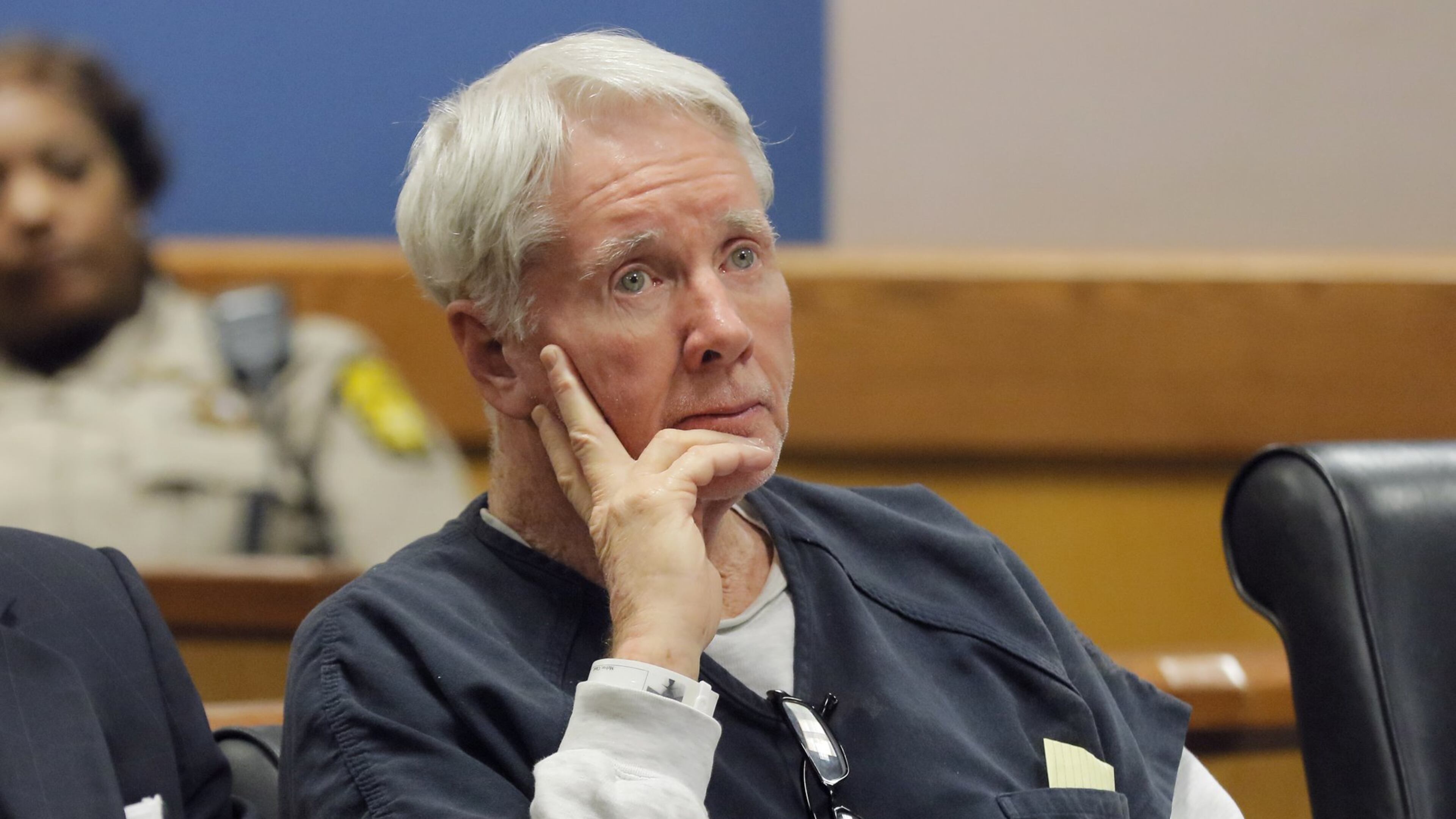McIver finally allowed to leave jail, but he’s still there

Ever since Claud "Tex" McIver was jailed in April, his legal team has fought to free him on bond before he goes on trial for allegedly murdering his wife. Three weeks ago, a judge gave him the green light to get out.
But McIver is still in jail. This may seem odd, considering all his attorneys' efforts to set him free. They filed motions with the court. They implored the judge. They said that the 74-year-old was wasting away behind bars, he had lost 30 pounds, developed a large persistent rash and had taken on a thousand-yard stare.
So what’s the story?
On Wednesday, McIver’s financial attorney, William L. Rothschild, said his client was still raising the $75,000 that he must post for bail. He was also working out the fine details of living under strict house arrest, including such mundane things as being able to leave the residence to throw out the garbage without violating his bond conditions.
"We're nearly through thinking through all the issues," Rothschild said. "It's my understanding that it will be a matter of weeks, at the most."
McIver's brother, John "Spike" McIver, believes his brother would be better off staying in jail until the trial. Spike McIver pointed to the sharp restrictions linked to the bond, including that McIver remain under strict house arrest in Fulton County and wear an ankle monitor.
“If he steps outside into the hallway, he goes back to jail, and that would look horrible,” he said. “If it’s up to me, I’d tell him to stay in.”
Beyond that, McIver faces numerous risks of trouble should he leave jail, the greatest of which might be his own history of making bad choices.
For example, McIver came under withering criticism when he auctioned off many of his wife’s furs, clothes and jewels shortly after her death. He has also been charged with trying to influence people who could testify at his trial.
McIver was thrown in jail in April after he violated his bond conditions by having a handgun in the sock drawer of his Buckhead condo.
"He had lost his wife in a tragic accident, and he was not making the best decisions," said his lead defense attorney, William Hill.
If McIver gets out, he should assume that every time he picks up a land-line telephone, the line is tapped, Hill said, and that the DA will be aware of every cellphone call he makes. Many of the people close to McIver have been placed on the DA’s list of potential witnesses. So if he calls them he has to be careful not to say anything that could be construed as influencing a witness, Hill said.
McIver is charged with malice murder in the shooting death of his wife, business executive Diane McIver, on the night of Sept. 25, 2016, as they were passengers in an SUV driving along Piedmont Avenue. McIver says the shooting was accidental.
Shortly before the trial was to start last month, Fulton County Superior Court Judge Robert McBurney postponed it until March 5, 2018, to allow prosecutors and the defense team extra time to review evidence. The judge said he would release McIver on bond during the four-month interim.
The judge’s order specified “no firearms, loaded or unloaded, in his residence. This includes all sock drawers.”
McIver is expected to live in the Buckhead condo he shared with his wife. But the condo was in her name, so he needs to work out terms with her estate to assume various costs during his stay. In addition, the condo is on the market, so arrangements need to be made for McIver to leave when the place is being shown.
Spike McIver believes all those concerns, and expenses, could be avoided if his brother just stayed in jail.
He said McIver is doing better these days.
“He said he’s in a routine now,” Spike McIver said. “He sounds good over the phone.”
Going back to the condo could actually do more harm than good, he said.
“He would be under house arrest in the condo where he lived with Diane,” he said. “Every time he turned around, he would see Diane.”
For all that, McIver still wants out, Hill said.
“He wants his freedom,” he said. “It would allow him to decompress, and come back to some degree of normality before the trial.”
The McIver case is the subject of Breakdown, a podcast by The Atlanta Journal-Constitution.
More Stories
The Latest

